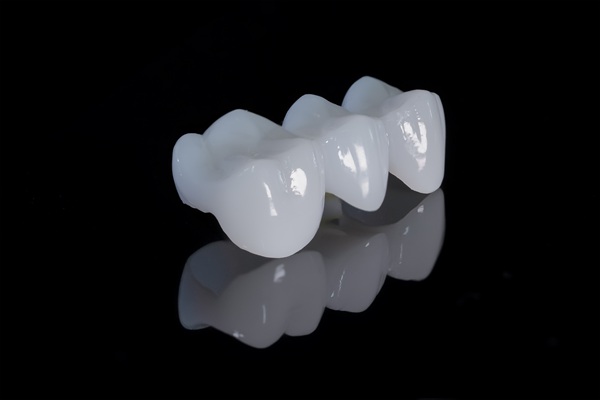General Dentistry: How a Dentist Uses X-rays in a Dental Exam

General dentistry relies on X-rays to obtain valuable information. Without the use of this traditional imaging tool, dentists could overlook problems hiding beneath the teeth. Find out how X-rays uncover the whole story of your teeth and why they are important for treatment.
Purposes of X-rays in general dentistry
Dentists need X-ray images for detecting problems not visible during oral exams. Typical dental conditions revealed include:
- Decay and cavities in the spaces between teeth or inside the teeth
- Bone loss in the jaw
- Infections in the jaw or root canal
- Abscesses
- Cysts or tumors
For children, dentists monitor developing teeth to make sure there is space for incoming permanent teeth, identify impacted teeth, and find decay. X-rays allow dentists to take care of these dental issues for children before problems get worse.
X-rays also help dentists prepare patients’ teeth for future procedures such as dental implants and dentures. For children and adolescents, this imaging can show the condition and position of wisdom teeth, which determines whether surgery or other treatment is needed.
Sometimes, dentists do not receive previous X-rays from new patients. To get as much information as possible, new X-rays may be taken and added to new patient files during the first appointment.
Recommended X-ray schedule
General dentistry guidelines for X-rays vary according to age, dental history, medical issues, and current dental condition. To treat and monitor decay in adults, dentists may take X-rays every 12 to 18 months until the decay is gone. If patients show no decay or are not high-risk, this imaging may be less frequent. The American Dental Association recommends X-rays every two to three years for healthy adults who have no major dental issues.
High-risk patients
Certain conditions place patients in the high-risk category for dental problems. Patients with extensive dental work need more frequent exams, including X-rays, to check if they have decay under their fillings or other new areas. Patients who have gum disease or are at risk for gum disease need to be monitored closely for bone loss. At-risk patients can include smokers, diabetics, or those who have diets high in sugar or have poor overall nutrition.
Children
For children, guidelines recommend X-rays every six months or until the first permanent tooth develops. Regular dental imaging during childhood prevents more complicated dental issues in the future, as dentists can locate and treat tooth decay early in development.
Safety concerns
If you are hesitant to get X-rays due to safety concerns, your dentist can tell you what to expect. Although radiation amounts emitted during the imaging process are extremely minimal, dental office staff follow strict procedures to keep you protected from unnecessary radiation exposure. Ask your dentist to explain X-ray procedures and how the images are used to treat your condition.
Conclusion
Dental X-rays are a valuable tool in general dentistry. By helping dentists to identify issues early and monitor the progress of diagnosed conditions, this imaging allows for effective dental care and treatment.
Request an appointment here: https://fountaincitydental.com or call Dental Partners Fountain City at (865) 672-6525 for an appointment in our Knoxville office.
Check out what others are saying about our dental services on Yelp: General Dentistry in Knoxville, TN.
Related Posts
There are many ways to keep your teeth bright, white, and healthy. However, you may see unfamiliar stains or shades on your teeth, making them appear gray. Fortunately, a general dentist can evaluate gray teeth by identifying the root cause of the change.It is common for teeth to change color, and it does not always…
Dental implants are the ideal solution for anyone looking to replace damaged or missing teeth. They are the top choice for patients who want the next best thing to real teeth and provide a permanent solution that can last a lifetime.Dental implants can be used to replace one or multiple missing teeth. They provide excellent…
Most everyone is familiar with the fact that dentists use dental fillings to treat cavities. What not everyone is aware of, however, is why dentists need to treat cavities with fillings or why teeth decay the way they do in the first place. We all want to keep our teeth healthy, and fillings have been…
Dentures refer to a prosthetic piece that is used to replace an entire arch of missing teeth, whether on the top or the bottom. They are one of the most common treatments used to replace teeth because of their affordability, durability, and ability to work with other prosthetic pieces, like dental implants.However, with all new…


